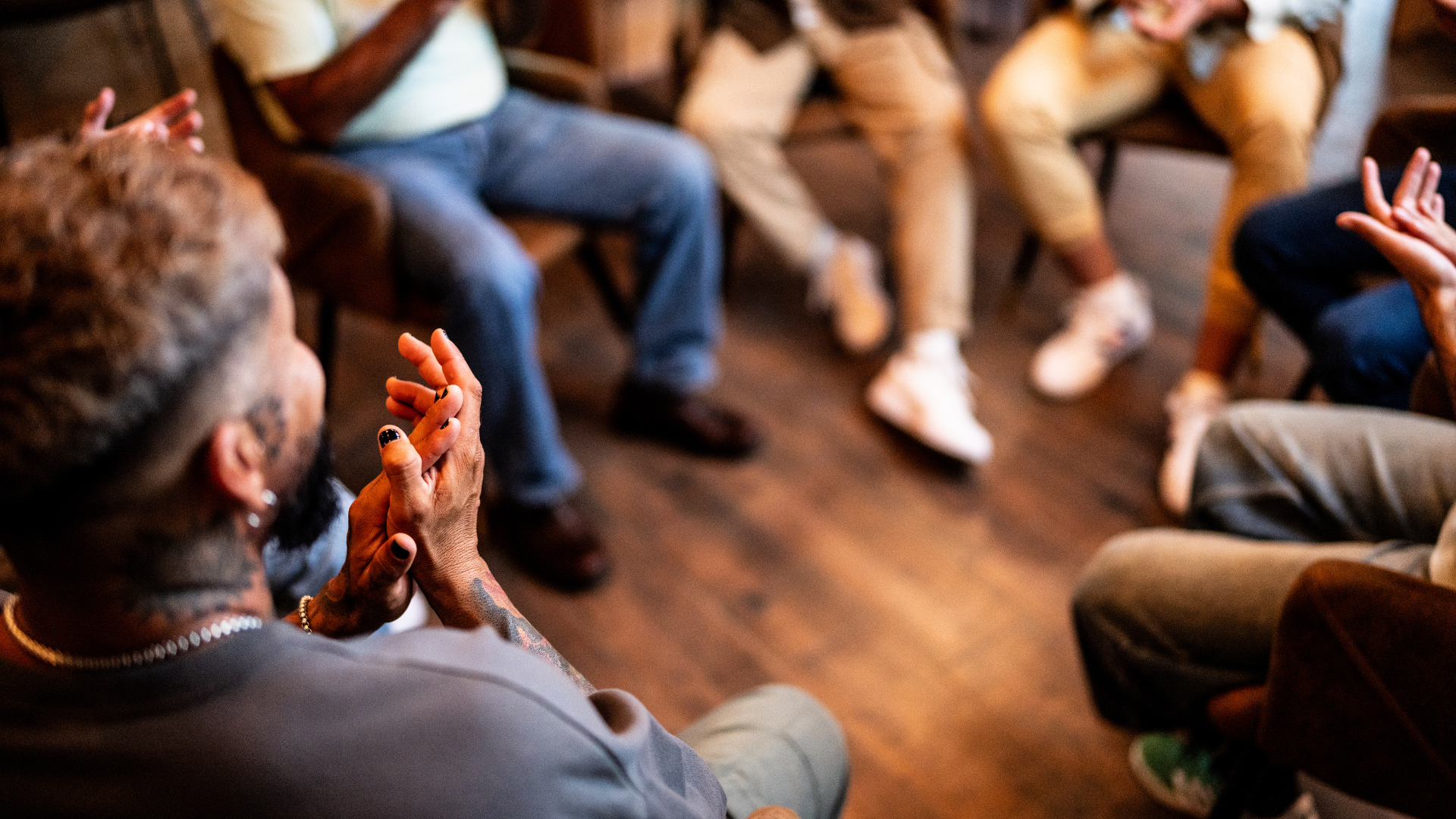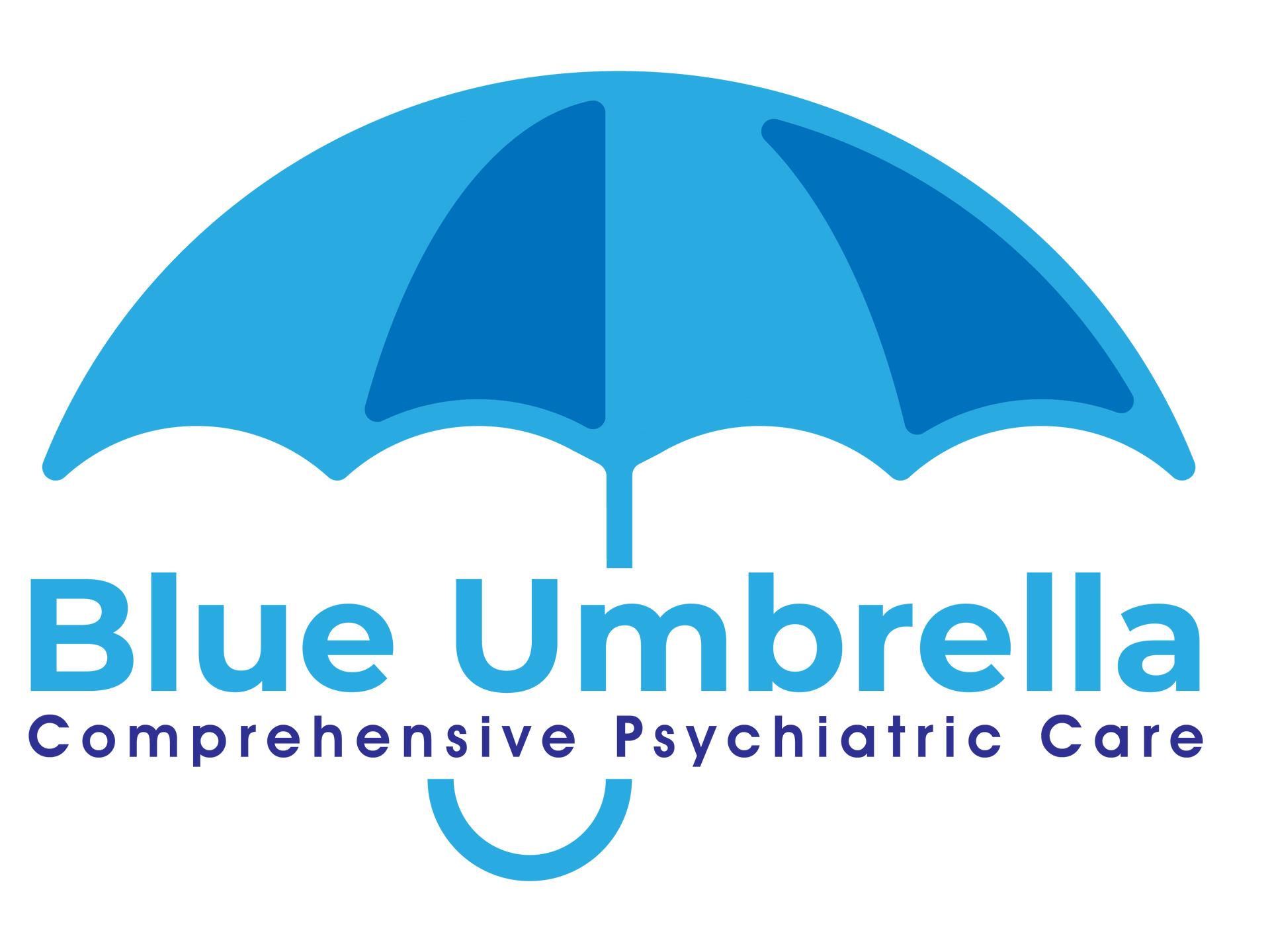Summer is here! A time for vacations, barbecues, and soaking up the sun. But amidst the fun and excitement, it's easy to let our mental health fall by the wayside. Here at Blue Umbrella Psychiatry, we want to remind you that summer is the perfect opportunity to prioritize your well-being and check in on your mental health – for yourself and your children.
Why Summer is Ideal for Mental Health
- Increased sunlight: Sunshine exposure boosts serotonin levels, a neurotransmitter that contributes to feelings of happiness and well-being.
- More relaxed schedules: School's out, work schedules may be lighter, and there's more time for relaxation and activities you enjoy.
- Focus on family and friends: Strong social connections are crucial for mental health, and summer often provides more opportunities for connection.
Making Mental Health a Summer Priority
- Schedule an appointment: Don't wait until the fall rush! Use the slower pace of summer to address any lingering mental health concerns or schedule a check-in.
- Embrace self-care: Prioritize activities that reduce stress and boost your mood, like spending time in nature, exercising, or practicing mindfulness.
- Connect with loved ones: Nurture your social connections by planning outings with friends and family.
- Plan for children's needs: Summer can be disruptive for children's routines. Talk to your children about their feelings and establish healthy habits to maintain their mental well-being.
- Create a relaxing space: Dedicate a quiet corner in your home for relaxation and reflection.
Blue Umbrella Psychiatry is Here for You
We understand that navigating mental health concerns can be challenging. Our team of qualified professionals is here to support you and your children throughout the summer and beyond.
Don't wait! Take advantage of the sunshine and make your mental health a priority this summer. Contact Blue Umbrella Psychiatry today to schedule an appointment.
We look forward to supporting you on your wellness journey!













